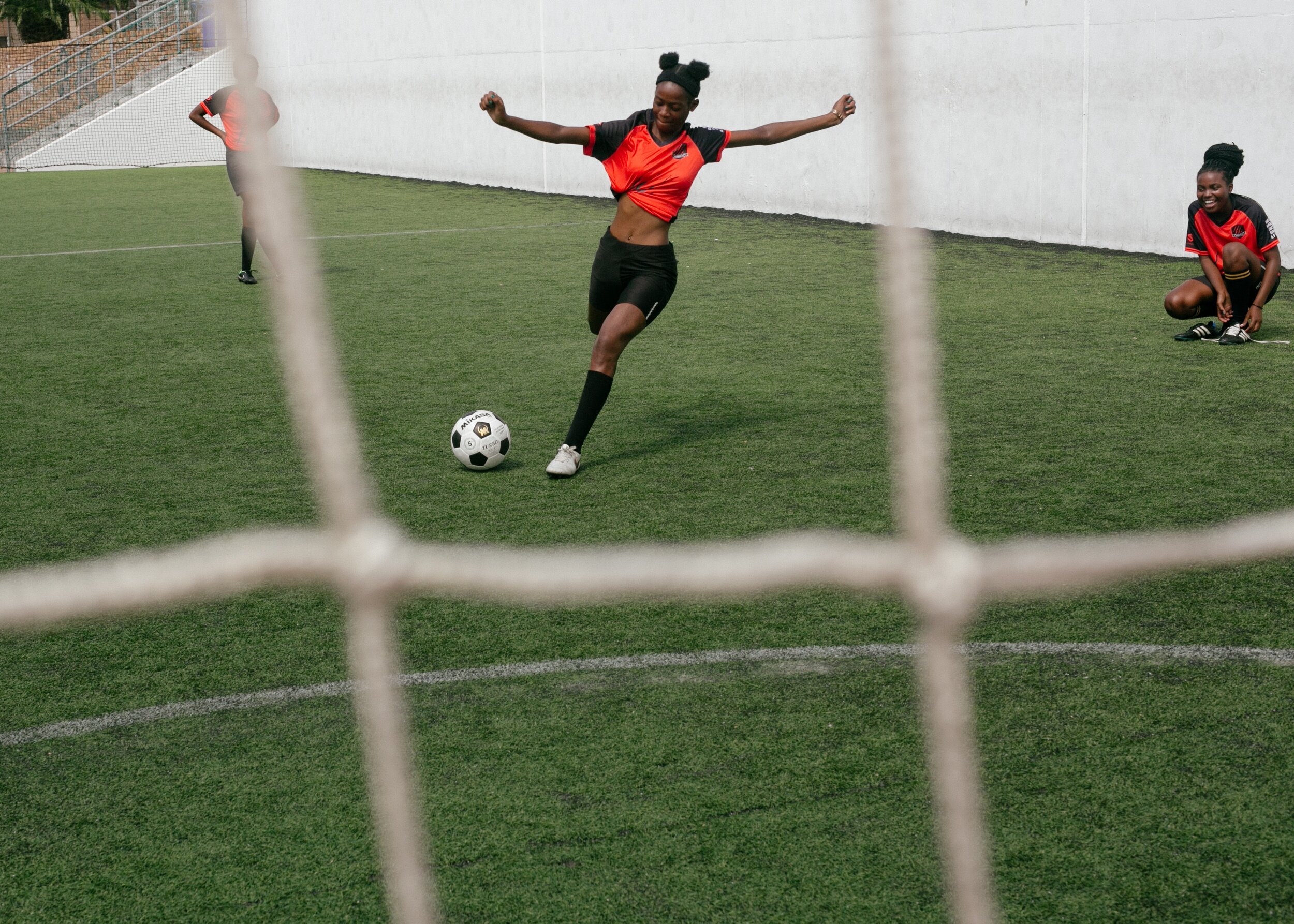Photo by Retha Ferguson from Pexels
When my kids were younger, I was an enthusiastic sports dad. I would go to all of their games (and most practices) to show my support, as well as occasionally offering “encouragement”. One such instance happened shortly after we moved to Austin in the Spring of 2007.
My son had already played part of a t-ball season in Southern California before we moved. His California coach had emphasized with the players that when they had a ball hit to them in the outfield, they needed to throw it back in immediately. So, when my son had a ball hit his way early in his first game on his new team in Austin, I yelled from the stands to “Throw the ball!”. When he didn’t, I yelled a little louder. When he still held on to the ball, I think I said something like, “Do something, don’t just stand there!”.
Apparently, I was loud enough to get the coach’s attention. He calmly came to me after the game and offered an explanation as to why my son was actually doing the right thing by not throwing the ball in. He explained that they had discussed that point before the game as there had been some instances of players getting bonked in the head when they were inattentive. My son had noticed that his intended target was not even looking his direction and was simply waiting to make sure he didn’t hurt his teammate.
Sheepishly, I agreed that it was probably best sometimes to not just do something. It turns out, I was just demonstrating a common bias that affects athletes and investors alike.
In a 2007 study in the Journal of Economic Psychology, professional soccer goalies facing penalty kicks were shown to be inclined to dive to the left or right when attempting to stop a kick. In spite of knowing that only about one third of kicks are attempted to either side, goalies only stood still in the middle about 6% of the time. The inference being that if they just stood still, they would stand a better chance of stopping the kick than if they guessed by diving right or left. This tendency to “do something” is known as an Activity Bias.
As an investor, you could be making the same mistake.
While the majority of people I have spoken to in the past couple of weeks have stuck to their plans and shown discipline in the face of very scary stock market volatility, some have asked or even demanded that we just do something. Something like sell their investments until we can see that the worst is over.
Headlines in today’s financial publications probably aren’t helping, as suddenly everyone is predicting that we haven’t seen the worst of the impacts of the Covid-19 crisis. Maybe they are right, maybe not, but the odds of being wrong by jumping left or right are likely no better than for those soccer goalies.
A few of the ways we try to increase our odds of success are to make reasonable and planned-for adjustments as the prices in the market inform us. That starts with having a plan based on our clients’ goals, risk tolerance, and time-frames. Generally, money needed in the next two years or less has no business being invested anywhere but in cash. But for our clients’ long term goals, what does a short term downturn really mean?
The plans that we create anticipate that we will have these occasional periods of volatility. One of the things we do as a result of these plans is to re-balance portfolios as asset mixes fluctuate. Recently, that has meant selling safe assets, like bonds, and buying the risky ones, stocks, that have gone down.
We don’t do this to feel better next week, we do it so that we can take advantage of the upside, when it comes. Typically, if a portfolio drifts 10% out of target, we will do an initial re-balance about halfway back to the target. So if stocks were supposed to be 50% of an account and have dropped to 40%, we would move 5% from bonds to stocks for the initial reallocation. Many of our managed portfolios have had these types of trades in the last week or so.
I have no idea whether the recovery will be tomorrow, next week, or month(s). But I do know that we have recovered from every crisis up to this one and I expect that a couple of years from now we’ll be looking back on this one with satisfaction or regret.
If we were to dive one direction or the other, we are wagering that not only will we get that move correct but that we’ll have to guess when to dive the other direction later on. While we aren’t “doing nothing”, we also don’t believe doing “something” for the sake of doing increases the odds of being successful.
If you are considering jumping, it probably makes more sense to get in touch to discuss your plan first. If you don’t have a plan, then we can help you there as well. That’s at least something you can do while doing nothing.

